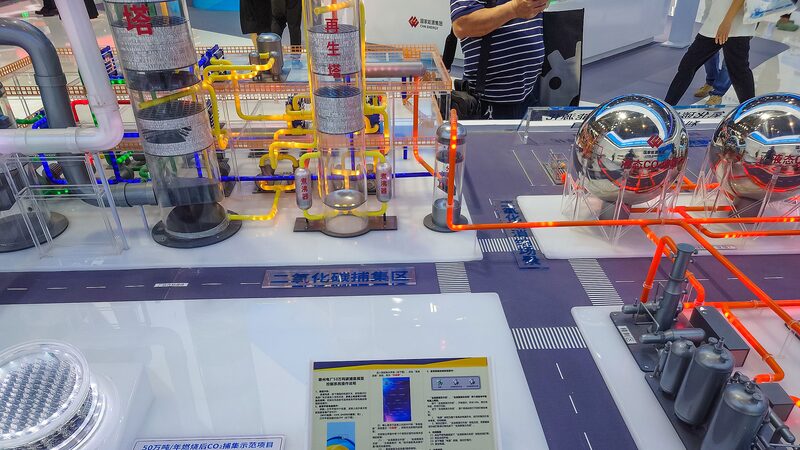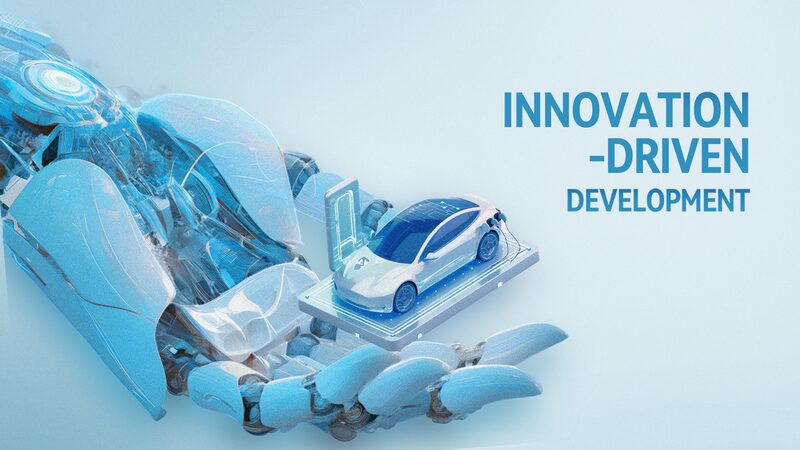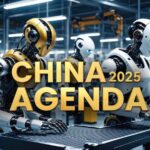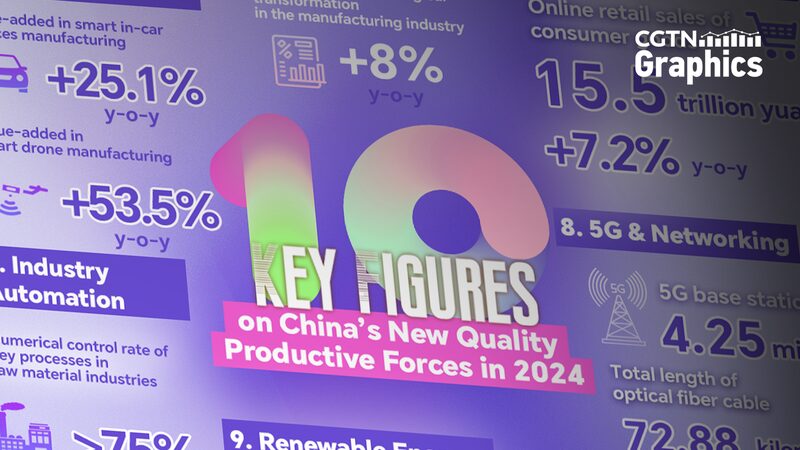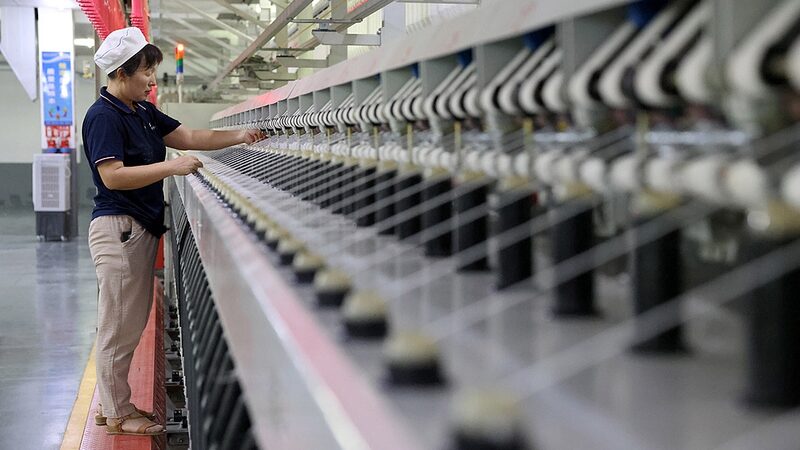Tech Revolution Redefines Industrial Landscape
China's push to develop new quality productive forces is transforming its industrial DNA, with AI-generated visualizations revealing stark contrasts between traditional methods and cutting-edge innovation. The shift – documented through before-and-after comparisons – highlights breakthroughs rewriting operational paradigms across manufacturing, energy, and infrastructure sectors.
Sector Snapshots: From Assembly Lines to Smart Grids
One visualization sequence shows automotive factories evolving from human-dominated assembly lines to AI-coordinated robotic ecosystems achieving 92% precision in defect detection. Another reveals how smart grid integration boosted renewable energy efficiency by 40% in pilot cities. Agriculture innovations feature autonomous drones delivering crop protection across 1.2 million hectares of farmland annually.
Economic Implications for Global Stakeholders
The transformations carry significant implications for investors monitoring China's digital economy, projected to reach $16 trillion by 2025. Supply chain analysts note enhanced safety protocols reducing industrial accident rates by 68% since 2020. Sustainability gains are particularly striking, with steel producers achieving 30% emission reductions through AI-optimized smelting processes.
The Human-Machine Collaboration Frontier
While visuals emphasize technological prowess, parallel developments in workforce upskilling programs emerge as a critical narrative. Vocational training initiatives have certified 4.3 million workers in advanced manufacturing techniques since 2022, blending technical mastery with adaptive problem-solving skills.
(Note: Selected comparative visualizations were created with AI assistive tools.)
Reference(s):
New quality productive forces: Visualizing China's shift in innovation
cgtn.com

